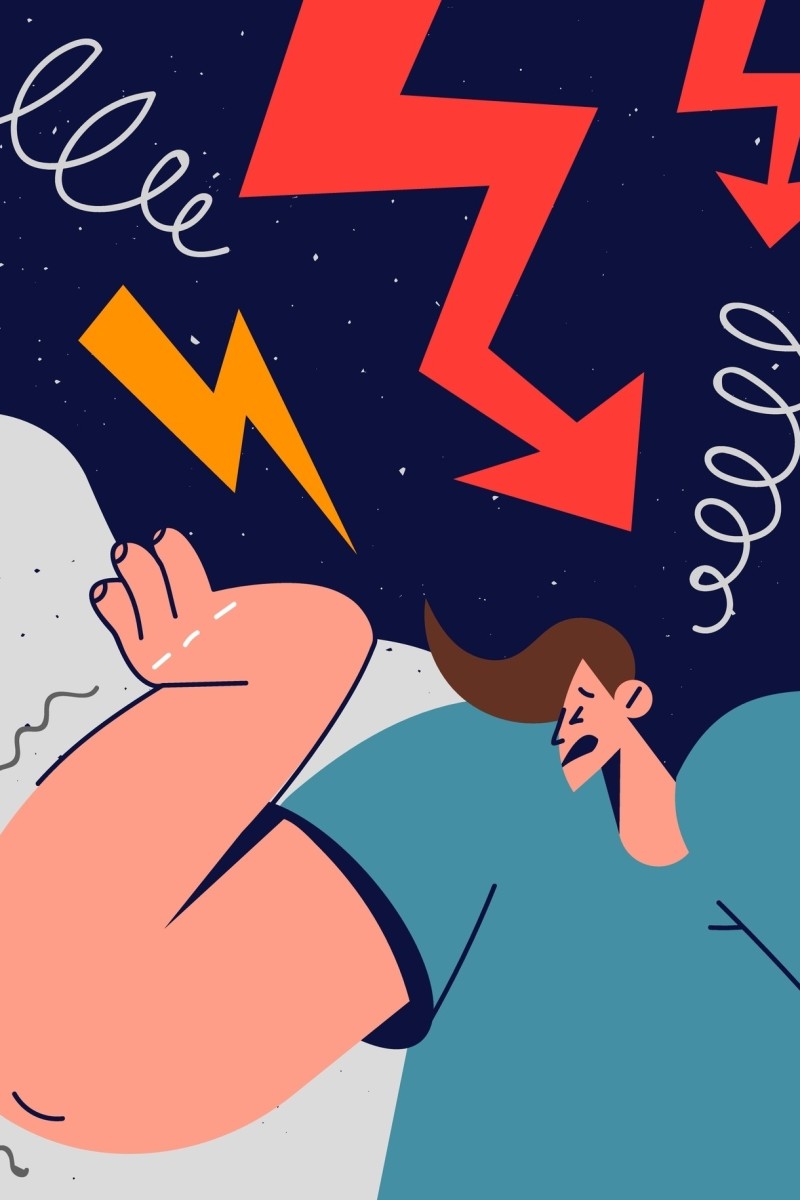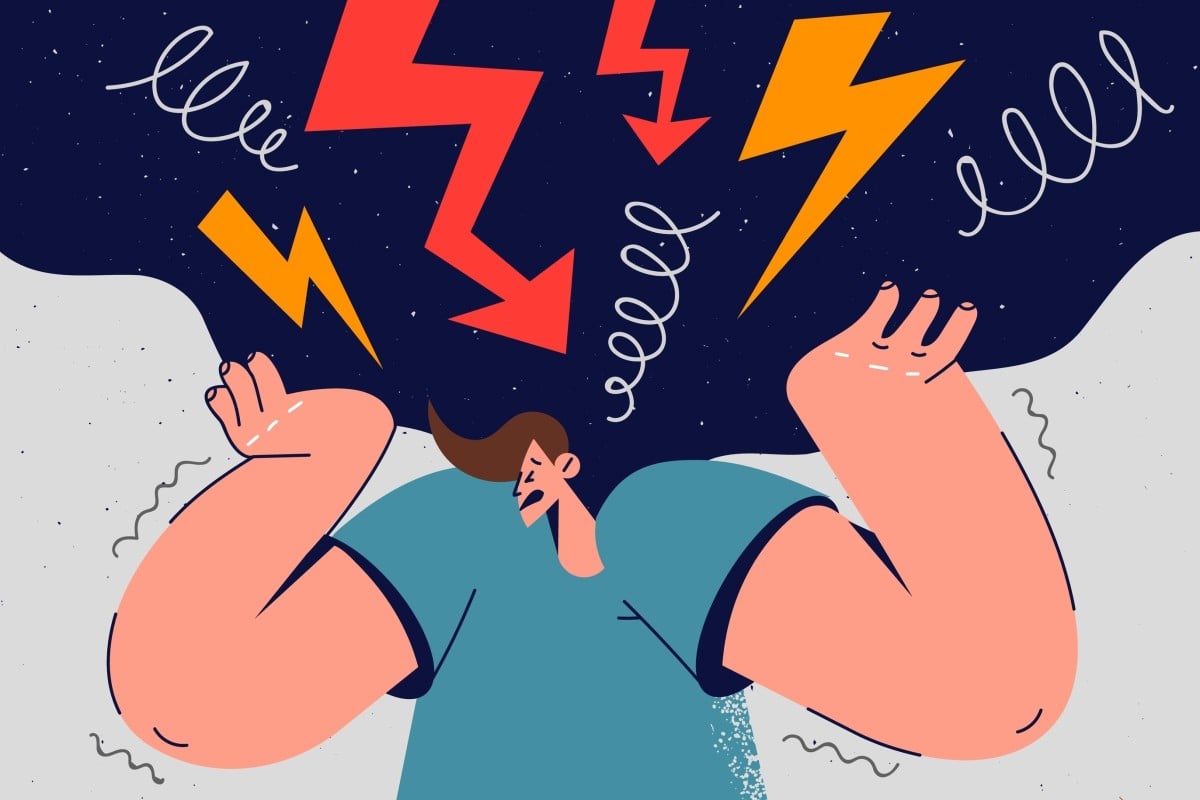
Asking for a Friend: Help! I overthink everything and it’s stressing me out
- Each week, we respond to a question from our readers and give advice and resources they can turn to
- This week, we help an anxious student who says they obsess over every little detail
 You’re not alone if you overthink all the time - but there is a better way to live! Photo: Shutterstock
You’re not alone if you overthink all the time - but there is a better way to live! Photo: ShutterstockNeed an answer to a personal question that you’ve never mustered the courage to ask? We’ve been there. Whether it is about school, family issues or social life, share your thoughts with us. If you have a question you’d like answered (about anything at all), please fill out this Google Form. Don’t worry – you will remain anonymous!
Dear Friend,
I overthink too much, no matter how small the problem. I am too sensitive to details and it stresses me out. How do I stop? How do I stop obsessing over everything?
Sincerely, Overthinker
Dear Overthinker,
We understand why you’re so stressed about overthinking; it can take a serious toll on your mental and physical health. Obsessing over small details can prevent you from getting important things done and wreck your mood, not to mention that overthinking in relationships could make you overanalyse conversations, which could create misunderstandings or lead you to withdraw from social situations altogether.
Here are some self-help tips we hope can help reduce your stress and anxiety and improve your overall well-being:
How to identify and break out of ‘thinking traps’ before they impact your mental health
Notice when you’re stuck
If you’re replaying an event over and over in your mind or can’t stop worrying about something, acknowledge what is going on and that it isn’t productive. Start paying attention to how you think so you can be aware of when you’re stuck in a cycle of negative thoughts. It isn’t good to dwell on problems, but it is helpful to look for solutions – if the issue is something you have control over.
Let’s say you’re nervous about an upcoming exam, and you’re replaying the worst-case scenario – failing – in your head. Think about ways to prevent the problem, such as developing a study schedule or revising the materials with your parents. If you keep your focus on problem-solving instead of obsessing over what could happen, you will feel less anxious and more in control of the situation.
However, if you’re obsessing over a situation you have no control over, think about coping strategies instead. Focus on things you can control, such as your attitude, rather than worrying about the problem itself.
Schedule thinking time
Obsessing about your problems isn’t productive, but some reflection can be useful. Schedule a block of “thinking time” into your daily schedule and use that time – say, 20 minutes a day – to let yourself worry or think about whatever you want. Set a timer, and move on to something else when the time is up. If you start worrying or obsessing over problems outside your scheduled time, remind yourself to wait to address those issues until your next thinking time.
Help! How do I stop my emotions from taking control of my life?
Practise mindfulness
Finally, start practising relaxation exercises, such as deep breathing and mindfulness. These activities could help you feel more calm and relaxed, and mindfulness will help you become more aware of the present and less anxious about what could be. You can find plenty of guided relaxation exercises online or on mobile apps.
If you find these tips don’t help you stop overthinking and your distress significantly affects your everyday life, do not hesitate to seek out a counsellor, psychologist or healthcare professional. They can help you identify the possible causes of your anxiety and give advice that will allow you to manage and improve your condition.
Hope that helps, Friend of a Friend
The question was answered by clinical psychologists from the Department of Health under Shall We Talk, a mental health initiative launched with the Advisory Committee on Mental Health.